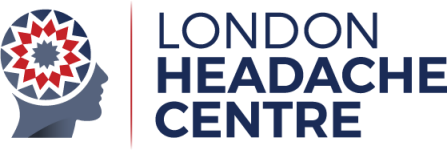Tension-type headache is the term adopted by the International Headache Society for the condition that has previously been known as tension headache, or muscle contraction headache. The subtle change of name was made to indicate that, as far as it is known, neither ‘tension’ per se, nor muscle contraction, are important in causing this very common, but mild headache.
Tension-type headaches are experienced at some point by nearly all of us – 95% at the last estimate. They are by definition mild, or at worst moderately severe attacks, usually lasting hours but occasionally going on for a few days. The pain is usually bilateral, and is often described as a pressure, or like having a band tied around the head. Some patients experience mild sensitivity to noise during attacks, but there are none of the other features more characteristic of migraine, such as light sensitivity, nausea, or exacerbation by movement.
Most tension-type headaches will settle by themselves, or with simple analgesics such as paracetamol, aspirin, or ibuprofen. Failure of headaches to respond to such painkillers should prompt a reconsideration of the diagnosis.
Simple lifestyle measures such as keeping well-hydrated, sleeping and eating properly can be helpful in preventing tension-type headache. Relaxation exercises are often useful (a copy can be downloaded from this website). In patients with particularly frequent attacks, old-fashioned tricyclic antidepressants such as amitriptiline, taken in doses much lower than are used to treat depression, can be helpful.
<- Back to Patients page.
